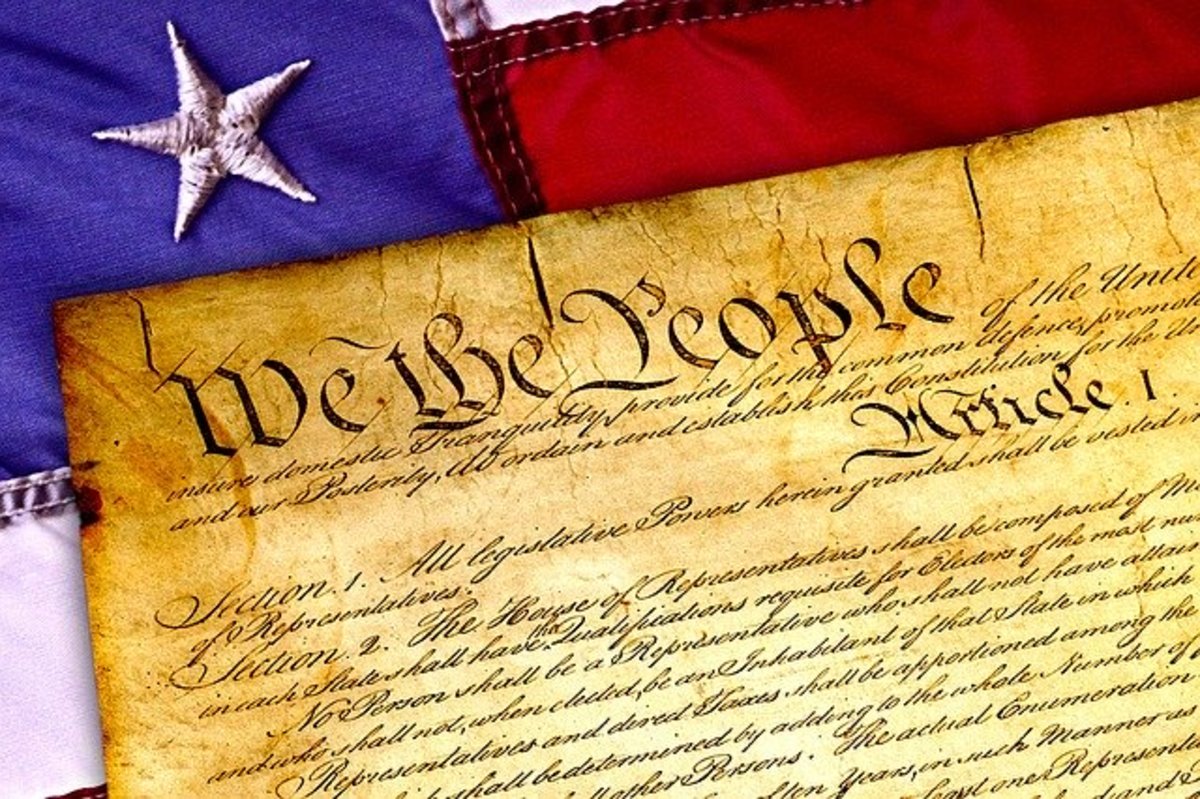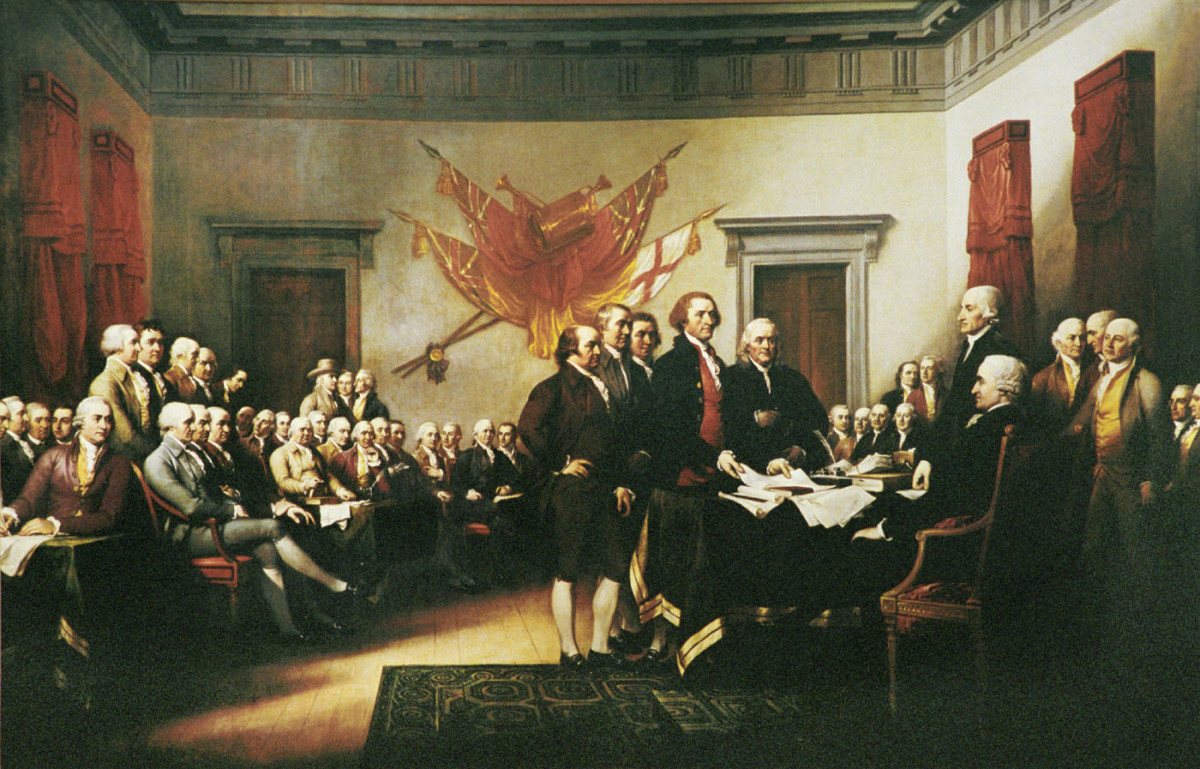Why Work for the Federal Government?
Job Security and Benefits
I am a recently retired federal employee, having a total of almost 33 years of combined civilian and military service. My specialty was the negotiation, award and administration of federal contracts and grants. The federal government has proven to be a great employer.
I selected federal service over a career in the private sector for the following reasons
There were widely geographically diverse opportunities to begin as an apprentice in my chosen field of purchasing and contracting. While I certainly did not make much in the beginning, it was a ‘foot in the door’, that was otherwise difficult to find during the economic downturn of the early 1980’s
Job Security- Once I was hired I was placed in a probationary status, which is standard for 3 years, during which time you can be removed from your position with relative ease by federal standards. Once you have successfully breached your probation period and as long as you continue to do your job, you are ‘in like Flynn’. You would have to have a file thick with infractions before you could be terminated after the probation period ends. I always had a lot riding on the ability to stay employed, car payment, living expenses, etc. I did not want to work in an environment where I could be summarily dismissed for any number of unforeseen events outside of my control, and for which I had little or no recourse. I don’t have to tell anyone, considering the current state of the economy, how important job security is. Would you risk that working in the private sector even if you could make a little more?
Benefits- I found the annual leave and sick leave policies attractive. This for new hires is 4 hours accrued for each 80 hour pay period for annual leave/vacation time and 4 hours for sick leave. The annual leave allowance increases up to 8 hours a pay period after a specified period of time as a federal employee. The Government pays 75% of health insurance premiums for its employees. How much is that saving you from having to pay the full freight of such an expense? There has always been a wide array of health plans from which to choose. Retirement benefits are also more generous than found in corporate America. A defined benefit plan, which means that after a specified period of service coupled with reaching a certain age, a payment based on a percentage of your salary is provided to you for the remainder of your lifetime. Cost of living adjustments have been routine, generally. These kinds of plans have disappeared from the private sector over the past 20 years. You are still advised to save in preparation for retirement, but coupled with Social Security benefits, this annuity provides that much more protection. There are very few people that I know that want to go work all their lives without letup. Believe me, there can be no reality more unpleasant than finding yourself in a situation where you recognize that your retirement both begins and ends with the undertaker.
Geographically and Occupationally Diverse
Geographically and Occupationally Diverse: The federal government under the Executive Branch has a broad array of responsibilities. The number and depth of the agencies charged with carrying out these obligations are great. You could find yourself a park ranger in Alaska, a pipe fitter in WashingtonState or civil engineer in Louisiana. The jobs available are as diverse as any found on the outside but they are all under one roof. You could work in any of the 50 states, District of Columbia, and outlying territorial possessions. There are assignments available abroad, primarily associated with the Department of Defense and the Department of State, but if you are the adventurous type, they are there for you. You can stay with the same employer yet move to another geographic area for a promotion if things are moving too slowly within your current federal agency office.
Let me share a couple of successful tips with you in Part 2: Veteran status and flexibility








